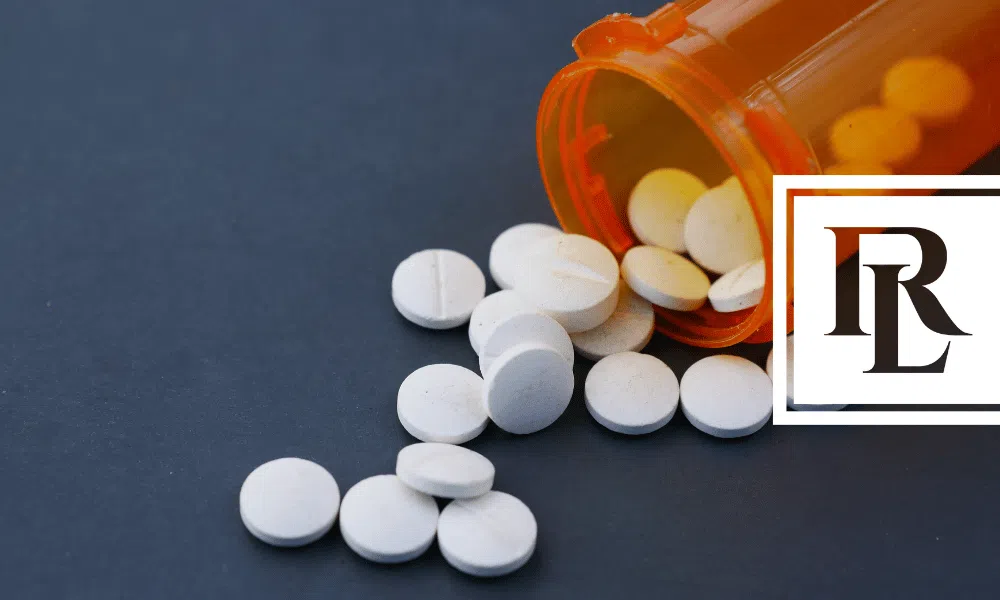Zantac (Ranitidine Linked to Cancer)
Have You or a Loved One Taken Zantac or Ranitidine?
Diagnosed with Cancer?
If you or a loved one have taken zantac or ranitidine and have been diagnosed with cancer, get help today. Our Defective Drug Attorneys are available 24/7. Exposure to NDMA can cause cancer. Injuries from NDMA exposure include but are not limited to:
- Breast Cancer
- Testicular Cancer
- Bladder Cancer
- Thyroid Cancer
- Kidney Cancer
- Melanoma
- Prostate Cancer (Under age of 65)
- Uterine Cancer
- Intestinal Cancer
- Liver Cancer
- Esophageal/Nasal/Throat Cancer
- Lung Cancer (for non-smokers)
- Ovarian Cancer
- Pancreatic Cancer
- Stomach Cancer
Where you diagnosed with any of the above cancers/injuries? Did you or your loved one take Zantac or ranitidine for at least one year before the cancer diagnosis? If you’ve answered YES to these questions, you may entitled to compensation. There are time limits to make a claim, so don’t wait. Contact our office for a Zantac case evaluation today.
Taken Zantac or Ranitidine? Diagnosed with Cancer?
There are time limits to make a claim, if you or a loved one have taken zantac or ranitidine and have been diagnosed with cancer, contact us 24/7 for a free consultation. Call or complete the form below. Understand your rights.
[Form Needed]
About Zantac (Ranitidine)
Zantac, generically known as ranitidine, has been sold in the United States since the 1980s. It is a histamine H2-receptor antagonist also known as a H2 blocker, which decreases the amount of acid produced by the stomach. People commonly use Zantac to treat ulcers, heartburn, gastroesophageal reflux disease (GERD), Zollinger-Ellison syndrome, Barrett’s esophagus and other medical conditions caused by the excessive production of stomach acid. [1] [2] Zantac can also be used by some as part of their allergy treatment protocol.
Zantac, the name brand drug, became available as an over the counter (OTC) medication in 2004. Zantac was available in varying dosages and forms including tablets, effervescent tablets and granules as well as a liquid. [1] By the end of the 1980s, Zantac became one of the world’s best-selling drugs and one of the first to generate $1 billion in sales. The generic version of Zantac known as ranitidine became available after Glaxo Holdings’ (now known as GlaxoSmithKline) patent expired in 1997. Generic versions of the drug were sold at pharmacies and stores throughout the United States for decades. All Zantac and generic ranitidine drugs have now been withdrawn from the market.
FDA Alert Carcinogenic impurity found in samples of Ranitidine
On September 13, 2019, The U.S. Food and Drug Administration (FDA) alerted patients and healthcare professionals that they found some Zantac/Ranitidine medicines contain NDMA (N-nitrosodimethylamine) which is a known carcinogen.
NDMA is a cancer-causing semi-volatile organic chemical. It is not currently produced in the United States or used commercially except for cancer research to induce tumors in laboratory animals.
The FDA has been investigating NDMA and other nitrosamine impurities in blood pressure and heart failure medicines since last year. In the case of these blood pressure and heart failure medications, the FDA has recommended numerous recalls as it discovered levels that were unacceptable and posed a risk to patients.
The U.S. Department of Health and Human Services (DHHS) has stated that NDMA is reasonably anticipated to be a human carcinogen. DHHS has also stated that NDMA has caused tumors in numerous species of experimental animals at various tissue sites. Tumors in animals primarily occurred in the liver, respiratory tract, kidney, and blood vessels.
Recalls of Ranitidine
On April 1, 2020, The FDA requested the immediate withdrawal of all Randitidine products (Zantac) from the market. This is the latest step in an ongoing investigation of the contaminant NDMA.
On February 27, 2020, American Health Packaging voluntarily recalled eleven lots of Ranitidine tablets (USP 150 mg, 100 count Unit Dose Blisters) to consumers due to the potential presence of NDMA amounts above levels established by the FDA.
On January 9, 2020, Denton Pharma, Inc., an affiliate of Northwind Pharmaceuticals, LLC, announced the voluntary recall of all unexpired lots of Ranitidine Tablets, 150 mg, and 300mg, to consumers. The recall is in response to the manufacturer’s recall of all unexpired lots of Ranitidine Tablets, 150 mg and 300 mg, which were repackaged by Denton Pharma, Inc., doing business as Northwind Pharmaceuticals.
On January 7, 2020, Appco Pharma LLC (Appco) voluntarily recalled all quantities and lots of Ranitidine Hydrochloride Capsules to consumers. These Ranitidine Hydrochloride Capsules are being recalled because of the presence or potential presence of NDMA levels above the acceptable FDA-established daily intake levels.




